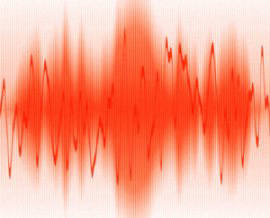 ERBI Medtech and Cambridge Wireless recently published a report that recommended governments consider a dedicated frequency band for medical devices in order to boost confidence and stimulate uptake of wireless technology within healthcare environments. The report consolidated findings and discussions that emerged during a workshop the two firms held to determine issues facing technologists in healthcare environments.
ERBI Medtech and Cambridge Wireless recently published a report that recommended governments consider a dedicated frequency band for medical devices in order to boost confidence and stimulate uptake of wireless technology within healthcare environments. The report consolidated findings and discussions that emerged during a workshop the two firms held to determine issues facing technologists in healthcare environments.
The Continua Alliance, which is working to establish standards for connected medical devices, currently advocates the use of Bluetooth for wireless connections between medical devices.
ERBI Medtech's Director Barnaby Perks wrote that "The workshop identified clear applications for wireless technology - significantly the remote monitoring of the elderly and chronically ill. However, a big concern for the clinicians was interference between devices on congested frequencies and problems of interoperability. They could envisage a proliferation of monitors and sensors none of which could 'talk' to each other."
During the workshop, "the consensus was that a dedicated medical frequency band was required, plus a set of pragmatic operating standards. The view from delegates was that not only would this set a clear framework for device development but it would also enhance public confidence," Perks said. "Many of the healthcare professionals mentioned that patients were concerned about close proximity to wireless devices and a medical standard might reassure them."
While the ERBI/Cambridge Wireless report is certainly more geared toward the UK regulatory environment, I wonder if there are any proponents of dedicated wireless spectrum for medical devices here in the U.S. Do you think having dedicated channels for medical devices would instill "confidence" and "drive uptake" as Perks suggests?
Read more from the report by ERBI/Cambridge Wireless and sponsored by Cambridge Consultants/Health Technologies Knowledge Transfer Network.



















